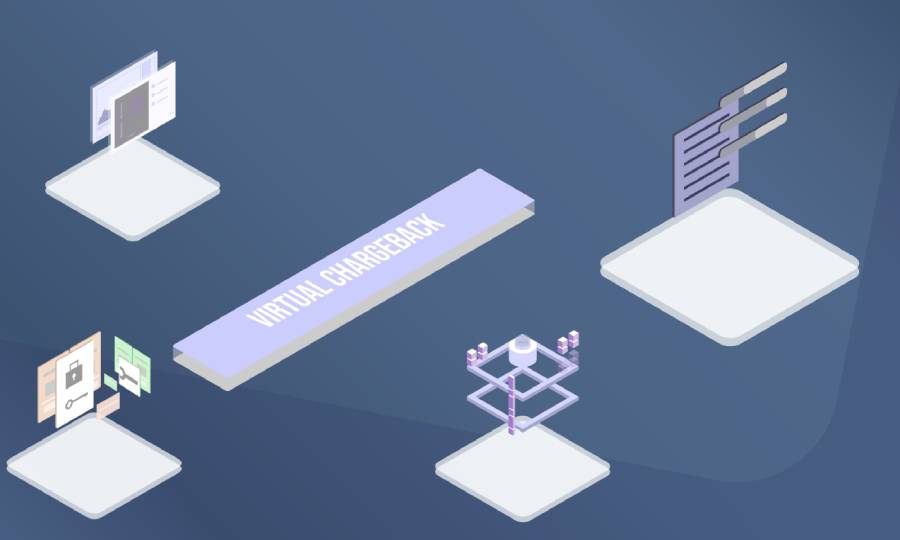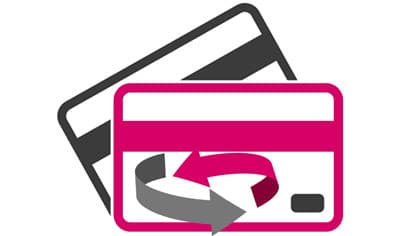What Is a Chargeback?
Most of us use credit cards frequently without worry. Although there is some risk that a credit card will get lost or stolen, credit card companies and issuing banks are usually quite helpful in making chargebacks on behalf of customers. However, when it comes to merchant disputes and chargeback requests for items or services that were unsatisfactory, it may not be so simple to get your money back.
Why are some chargeback claims honored rather quickly whereas others involve a long back and forth between the customer, banks, and customers? What happens when you are dealing with scams and merchants or brokers that disappear without a trace? It is important to understand the chargeback process and how banks deal with various types of claims.

Because of chargeback fraud and the rapid increase in the number of requests for reversal of charges, many issuing banks are more cautious about these claims. Customers have been found to abuse this process at the same time that the incidence of crypto scams and forex scams and merchant fraud have increased the volume of requests to have a transaction reversed.
Therefore, it is essential for everyone who makes a chargeback claim to have a fund recovery agency working on their side. Chargebax has the expertise and the right strategies to make your chargeback claim successful. We work with hundreds of banks and financial institutions and can communicate your case to your advantage.




